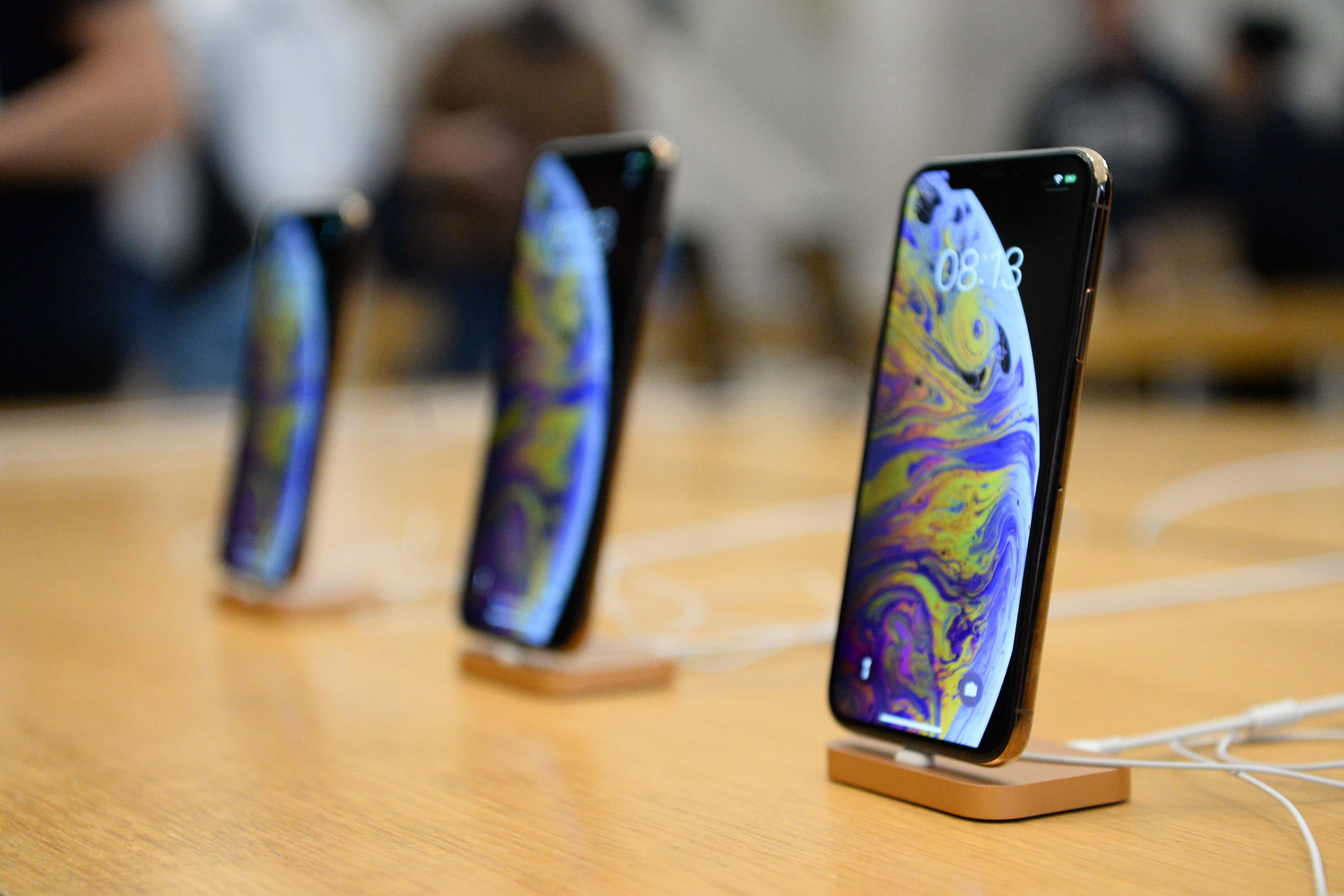iOS 17.4: Apple releases controversial new iPhone update to comply with EU rules
New software includes features that Apple did not want to release
Your support helps us to tell the story
From reproductive rights to climate change to Big Tech, The Independent is on the ground when the story is developing. Whether it's investigating the financials of Elon Musk's pro-Trump PAC or producing our latest documentary, 'The A Word', which shines a light on the American women fighting for reproductive rights, we know how important it is to parse out the facts from the messaging.
At such a critical moment in US history, we need reporters on the ground. Your donation allows us to keep sending journalists to speak to both sides of the story.
The Independent is trusted by Americans across the entire political spectrum. And unlike many other quality news outlets, we choose not to lock Americans out of our reporting and analysis with paywalls. We believe quality journalism should be available to everyone, paid for by those who can afford it.
Your support makes all the difference.Apple has released iOS 17.4, the latest iPhone update.
The new version of the operating system is unusual in that it includes features that Apple did not actually want to release on the iPhone. And it has proven controversial even before it was released.
iOS 17.4 has been released ahead of the deadline to comply with the European Union’s Digital Markets Act, or DMA. That is sweeping regulation that imposes new rules on big tech companies such as Apple.

The primary change for iPhone users under those rules is that developers can now offer their own app stores, allowing people to download new software without going through the App Store.
It means that developers such as Google could offer their own app stores, with their own content rules and other restrictions. However, those developers must still comply with strict rules, including paying Apple a fee for installs and complying with some guidelines on what kind of apps are available.
The changes also allow alternative payment options for the first time. That means that developers can pay for things without going through Apple – though they will still have to pay a fee to Apple to do so.
Apple has argued that those features make users’ phones less secure, because they mean they are liable to downloading apps or making payments that are not covered by the company’s security guarantees. While it has made efforts to comply with the DMA, it has also argued against the changes it has required, for years.
If users do not choose to use the new features, then their phones should be secure as before. But Apple has argued that European users may be at more risk, since they could be forced to download apps for school or work from outside of the App Store.
Those features are limited to users in the European Union. If someone uses them while in Europe, and then moves away for a long enough period, they will lose access to those tools, Apple said.
iOS 17.4 also brings one major policy change that is available to everyone, worldwide. Apple will now allow streaming gaming apps – such as Xbox Cloud Gaming – which allow people to play a variety of games over the internet.
Apple had previously banned those from the App Store, arguing that they were a way of making software available without going through its review. Until now, they had to be used through the web instead.
The update also brings new emoji – including a lime – and transcripts for podcasts. It also introduces PQ3, Apple’s new security tools that are intended to secure messages against the threat that could be posed by quantum computing.

Join our commenting forum
Join thought-provoking conversations, follow other Independent readers and see their replies
Comments